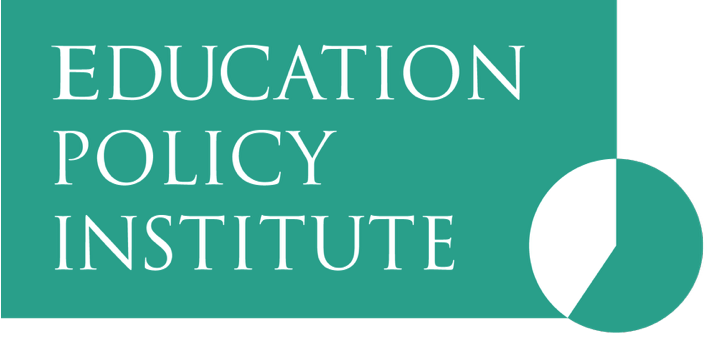When a student falls short of a good pass (grade 4) in their GCSE English and maths at age 16, they have to continue studying English and maths in their 16 to 18 education. This is part of the resit policy introduced in 2014, known formally as the condition of funding requirements.1 In practice, these students will also face barriers in terms of access to apprenticeships and more challenging level three qualifications including T levels and A levels. The current government plans to replace these qualifications with the recently announced Advanced British Standard (ABS) – an all-encompassing baccalaureate-style qualification for 16 to 19-year-olds.2 The ABS places great emphasis on strengthening English and maths education, with all students required to take these subjects until they are 18. However, there are still questions about the programmes of study current “resit” students will take under the ABS.
Recent statistics from the Department for Education (DfE) show resitting English and maths is the reality for a significant proportion of students. In 2022/23, almost 40 per cent of students did not achieve a good pass in their English and maths GCSE at 16. With GCSE standards now back at pre-pandemic levels, it is likely even more students will be affected by the resit policy over the next few years.
Despite the number of students affected by the resit policy and the strong emphasis on English and maths in the ABS proposals, we still have many unknowns regarding the effectiveness of the resit policy in improving outcomes for young people and addressing inequalities.

